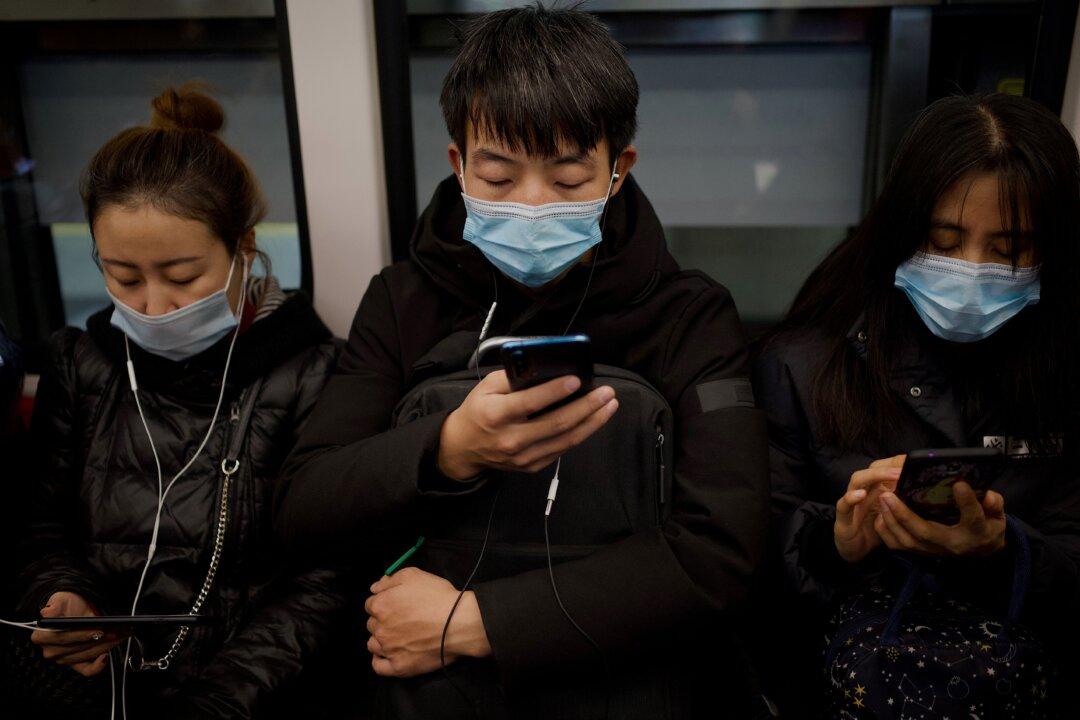More Chinese cities announced new CCP virus cases over the weekend, with authorities announcing “wartime” mode one by one.
“At present, the epidemic in our country has entered the stage of ‘multi-point outbreak.’ ... Over 20 cluster outbreaks have occurred in different regions,” Zhang Boli, a member of the Chinese Academy of Engineering and president of Tianjin University of Traditional Chinese Medicine, wrote in his article published in state-run Health Times on Dec. 19.





